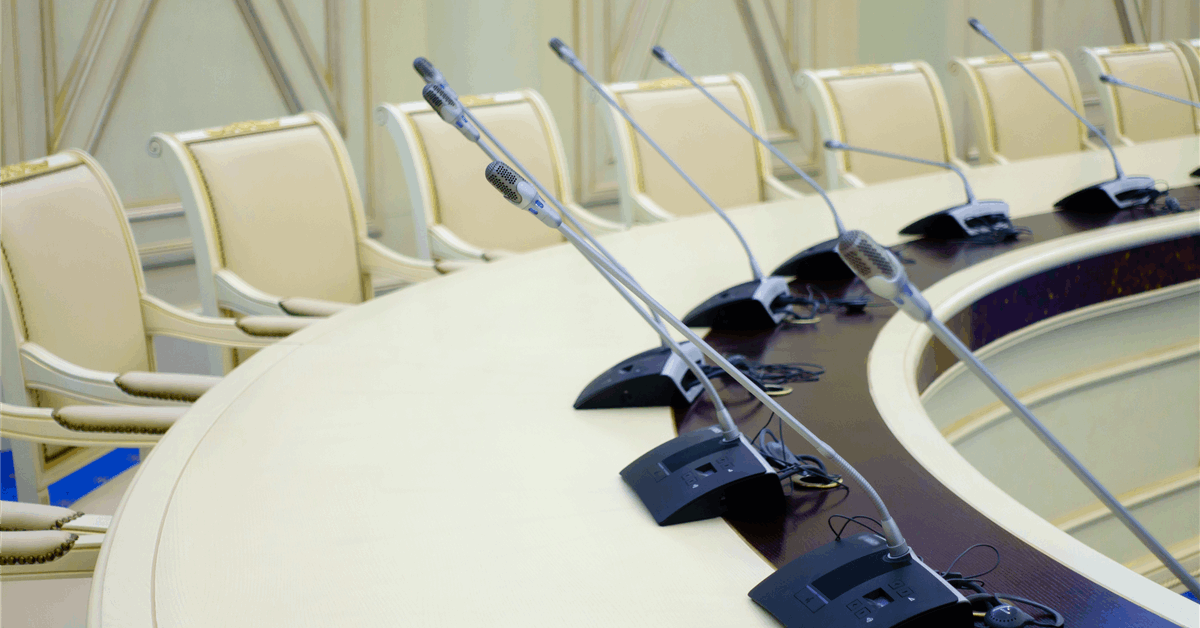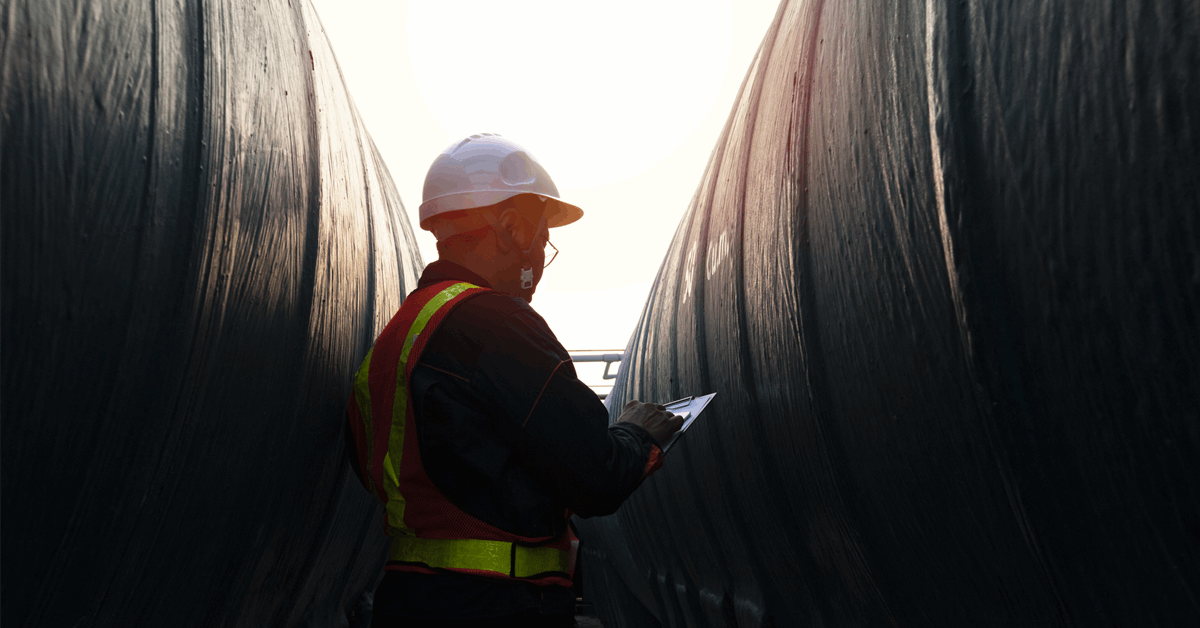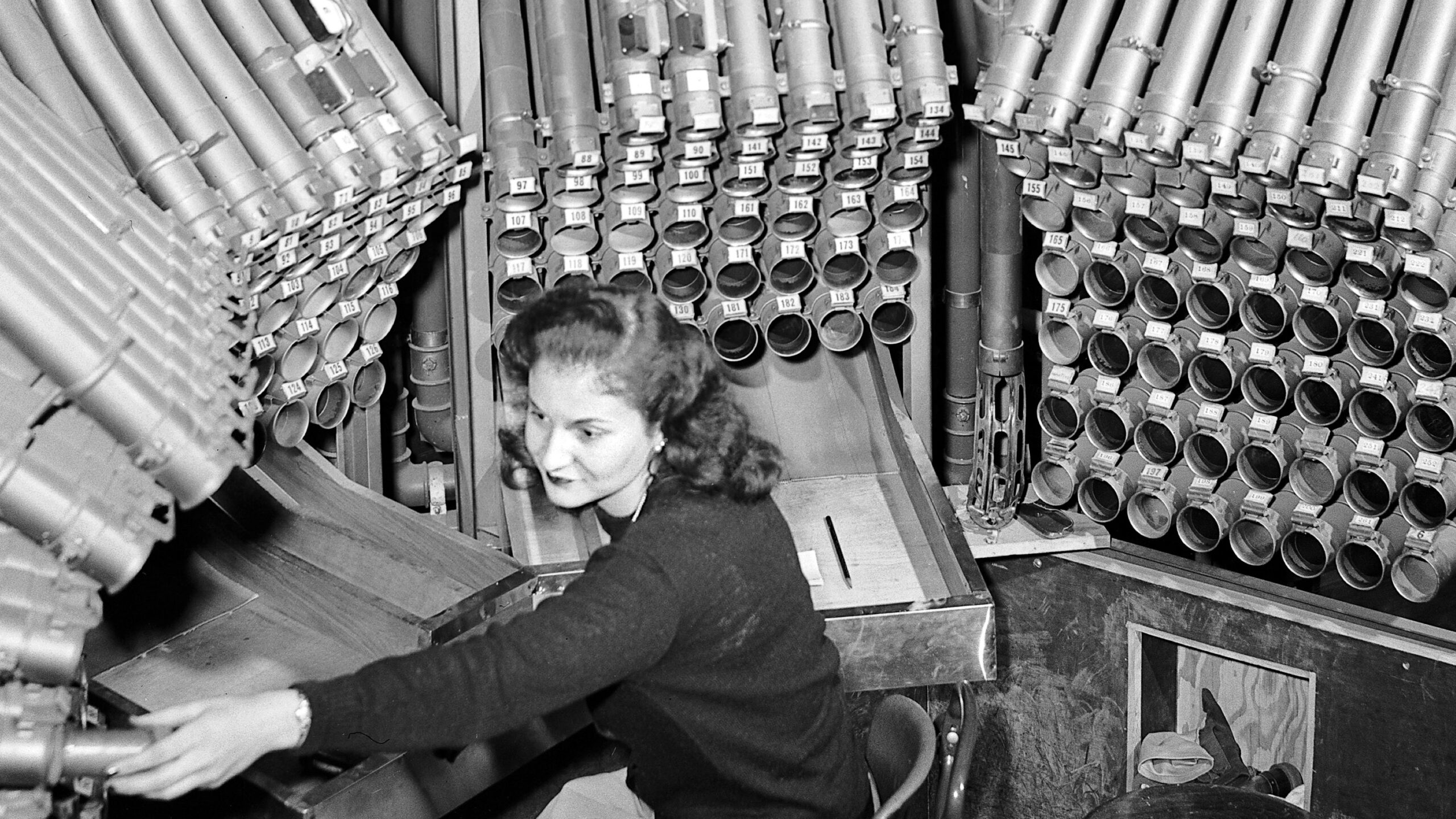
Talks aimed at de-escalating the week-long war between Israel and Iran got under way in Geneva on Friday after US President Donald Trump signaled he would give diplomacy a chance before deciding whether to intervene militarily.
Iranian Foreign Minister Abbas Araghchi is meeting counterparts from the UK, France and Germany to discuss what he called “nuclear and regional issues” around the ongoing conflict. French President Emmanuel Macron is among those leaders urging Iran to return to negotiations over its nuclear program.
Oil prices fell following a report from Reuters that Iran is ready to discuss limitations on uranium enrichment, but won’t consider stopping entirely while it’s under military attacks. Before negotiations with the US were suspended, Tehran had signaled its willingness to accept some restrictions on its enrichment activities, while Israel and US have said the Islamic Republic shouldn’t be allowed to enrich uranium at all.
Araghchi on Friday accused Israel of derailing the diplomacy with its strikes, telling the United Nations Human Rights Council that Iranian officials were scheduled to hold a next round of indirect talks with their US counterparts to “craft a promising agreement” that would make progress in resolving the nuclear issue.
Israel launched its surprise attack on Iran last week, saying the threat of its sworn enemy acquiring nuclear weapons had to be neutralized. Iran responded with waves of missiles and drones of its own, and there have been heavy casualties on both sides.
Trump, who is scheduled to attend a national security meeting in the Oval Office on Friday, has publicly mused for days about the US joining the fray, but appears to have taken a step back after a run of tough rhetoric, including demands for Tehran residents to relocate and threats toward Iran’s Supreme Leader Ayatollah Ali Khamenei.
“Based on the fact that there’s a substantial chance of negotiations that may or may not take place with Iran in the near future, I will make my decision whether or not to go within the next two weeks,” Trump said in a dictated message, according to White House spokeswoman Karoline Leavitt.
Israel shows no signs of backing off. Its Defense Minister Israel Katz on Friday instructed the military to continue attacking Iran’s nuclear facilities and scientists, and to bring about a widespread evacuation of Tehran, which he said was part of the effort to undermine the Iranian regime.
Israeli Energy Minister Eli Cohen told Army Radio that Iran would be prevented from gaining atomic weapons irrespective of whether the US joins the operation – although its participation would be helpful.
The Israel Defense Forces on Friday said it staged fresh strikes on dozens of targets, hitting missile-production sites and the Tehran headquarters of the nation’s internal security unit and the research and development arm of Iran’s nuclear-weapons program. Israel’s fire services meanwhile said missiles landed in the Tel Aviv area and the south of the country.
While oil prices eased on Friday, Brent crude is still up about 10 percent since the war began, trading around $76 a barrel.
Businesses operating in the region are wary the conflict could spread and engulf other countries.
On Thursday, US airlines took the unusual step of suspending flights to countries such as Qatar and the United Arab Emirates. American Airlines Group Inc. halted its route to Doha until June 22. United Airlines Holdings Inc. did the same for Dubai, saying flights would resume “when it’s safe.” And AP Moller-Maersk A/S, the Danish container-shipping giant, on Friday said it will suspend stops to Haifa, Israel’s biggest port.
“The situation in the Middle East remains perilous,” UK Foreign Secretary David Lammy said in a statement. “A window now exists within the next two weeks to achieve a diplomatic solution.
Lammy met US Secretary of State Marco Rubio and US special envoy Steve Witkoff at the White House on Thursday, while Italian Foreign Minister Antonio Tajani held separate phone calls with Rubio and Araghchi the same day. German Chancellor Friedrich Merz and Turkish President Recep Tayyip Erdogan meanwhile agreed on a call on Friday that deescalation was necessary and that Iran shouldn’t be allowed to possess nuclear weapons.
“What everyone is beginning to fear is the prospect that this is kind of open ended” and Israel’s aims have shifted from hitting nuclear and military targets “to something larger, which is regime change,” Barbara Leaf, former US Assistant Secretary of State for Near Eastern Affairs, told Bloomberg Television on Friday.
“That opens up a Pandora’s box of possibilities.”




















